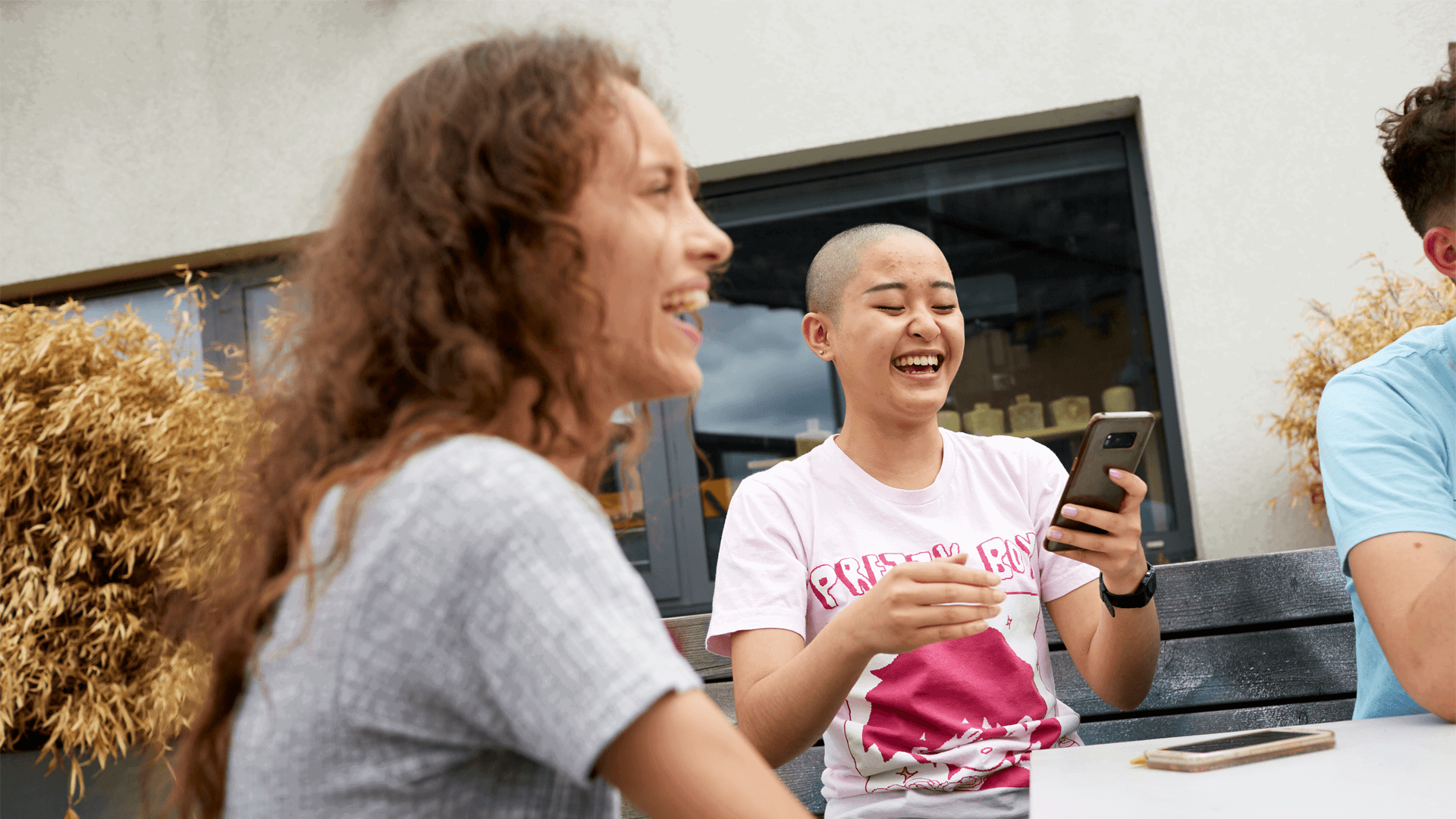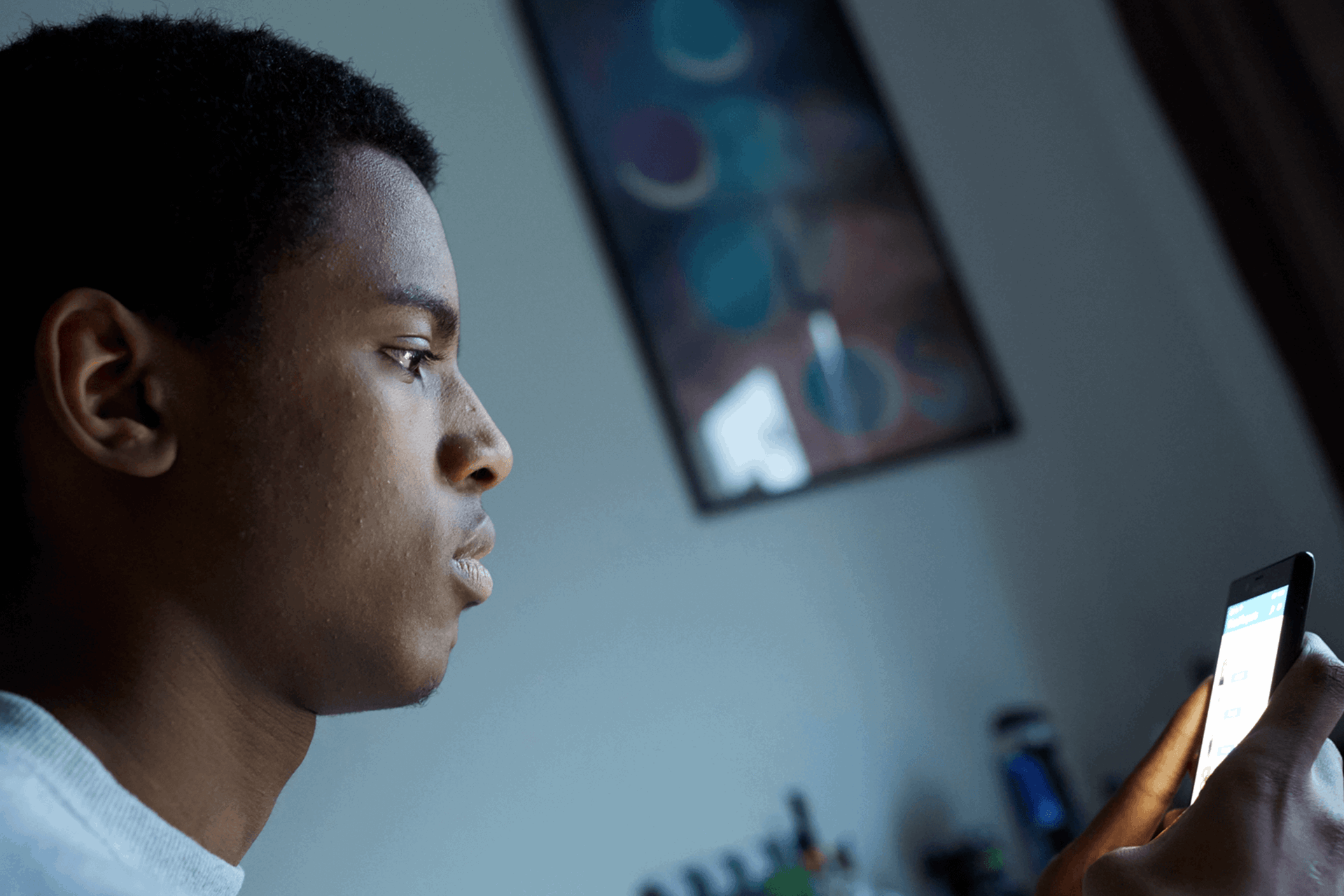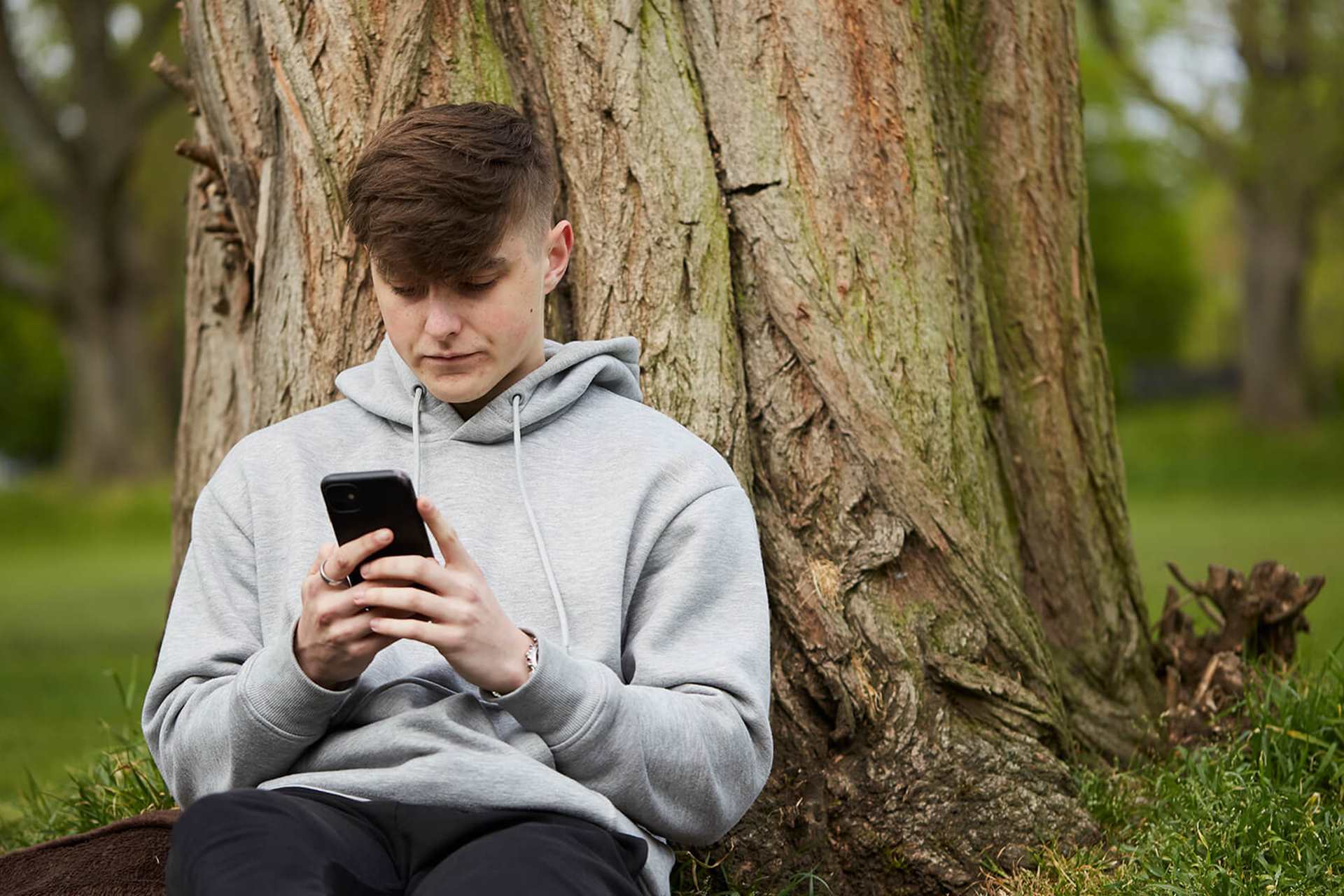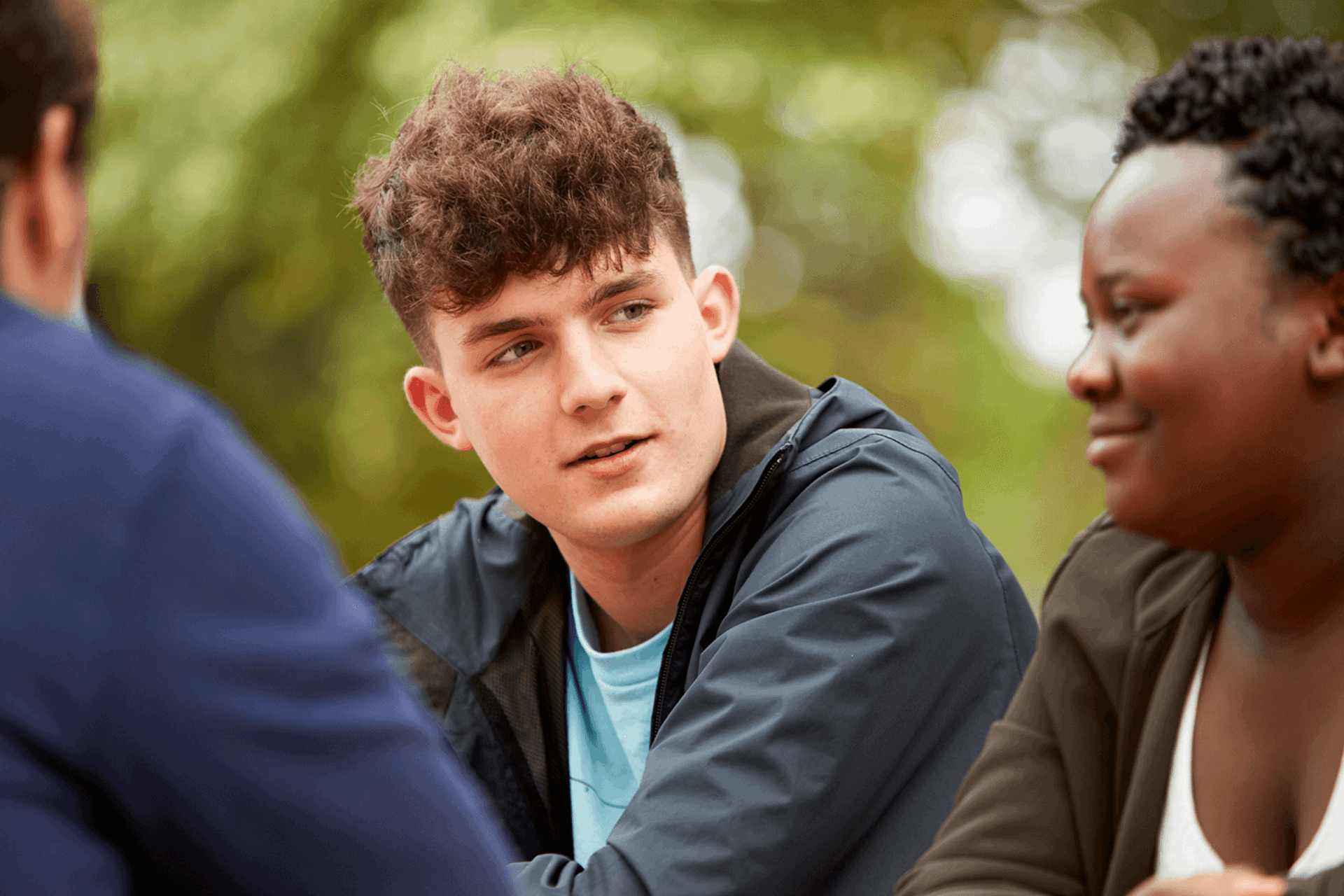Topics mentioned: CAMHS, mental health support
Author: Hannah, 20
About: It's normal to feel nervous before your first CAMHS appointment, especially if you don't know what to expect. Hannah shares her experience and advice.
If you’re feeling nervous about your CAMHS assessment, breathe. It is going to be okay.
I was so nervous before my first CAMHS appointment. I didn’t really know anything about mental health services or what CAMHS even were. I was worried about my friends finding out and the stigma from having to reach out for help.
My assessment
My first appointment was with the eating disorder service after being referred by my GP. I didn’t even think I needed help or that I was sick enough. However, it was nowhere near as bad as I was expecting.
The waiting room was super colourful and child/adolescent friendly. The receptionist was really kind and we had to fill in some details in a form which we handed back before we went into the appointment.
I met with a consultant and specialist eating disorder social worker (exactly who you see will differ for everyone). They were reassuring and we went through why I had been referred and what had been going on. They did some physical observations. They gave me the option of my mum being present or not. They also allowed her time to speak alone with them.
I met with a consultant and specialist eating disorder social worker (exactly who you see will differ for everyone). They were reassuring and we went through why I had been referred and what had been going on.
Overall the appointment was about one hour and 30 minutes. From here they decided what was the best course of treatment for me and what would benefit me the most.
Every outcome will be different and sometimes they may need time to discuss it among themselves or with the further team so you may not get answers straightaway. If you don’t feel the people you met with understood you, or you don’t feel you can work with them and they offer more sessions, it is well within your rights to request a change. This may not be possible depending on how big the team is but you can always ask.
My advice for your CAMHS assessment
My biggest piece of advice for going to CAMHS is to go with an open mind. Having no preconceptions or judgements will really help you get the best possible treatment and get better as quickly as possible.
CAMHS sometimes gets a bad name, but I certainly found that the majority of CAMHS staff just want to help. The problem with recovering from mental illness is that it is sadly a two-way process. You have to meet them at least part of the way to be able to begin the process of recovery - which can be the hardest thing when battling a mental illness. Try to be as open and honest as possible at your first appointment. These people are not mind readers and if you lie, you will not receive the best treatment plan for you to get better.
Try to be as open and honest as possible at your first appointment. These people are not mind readers and if you lie, you will not receive the best treatment plan for you to get better.
If they offer you more appointments you will make a care plan, and often a safety plan, which helps everyone involved in your care know what is going on and what needs to be done. Make sure you are involved in this process and get a say in what goes into it. This is your recovery and your journey.
Going to CAMHS is a massive step and you should be so proud of yourself in acknowledging you need support (this is the first step). Everything that happens should always be with your best interests at the centre. Everything should benefit you and help you to recover and move forward. CAMHS is not a magic wand, I wish I could say they will just wave it and you will be better, but sadly there is no magic solution and it is not a quick process. You will not go to one, two or even five appointments and be “cured” or “better”. That is not how it works. However, if you work with them, things can improve.
Going to CAMHS is a massive step and you should be so proud of yourself in acknowledging you need support (this is the first step).
My biggest regret is not working with CAMHS, instead lying and manipulating my way out. In the end, the only person this affected was me. I wish I had been able to recover with the help of CAMHS, as my CAMHS team were the best and most understanding people you could ever meet.
Work with your CAMHS team
Seize this opportunity. It will not be easy. You will not like everything they say. You are unlikely to agree with everything they suggest. They may get it wrong. However, if you work together in partnership (it shouldn’t be a you-and-them kind of thing, although always remember these are professionals - they are not, and should not be, your “friend”) things can and do get better.
Every CAMHS person works differently, so don’t tarnish them all with the same brush. If someone doesn’t work for you, ask for a change. It needs to work for both of you. Go in with an open mind and be completely honest. Remember, this is the first step on your journey to getting to life you want and deserve. Good luck!
More information and advice
We have tips and advice to help you find the support you need. Take a look at our guides.
Where to get help
However you're feeling, there are people who can help you if you are struggling. Here are some services that can support you.
-
Youth Access
Provides information about local counselling and advice services for young people aged 11-25.
Put in your location and what you need help with into their 'Find help' search, and see what services are available in your area.
-
Shout
Text SHOUT to 85258.
Shout provides free, 24/7 text support for young people across the UK experiencing a mental health crisis.
All texts are answered by trained volunteers, with support from experienced clinical supervisors.
Texts are free from EE, O2, Vodafone, 3, Virgin Mobile, BT Mobile, GiffGaff, Tesco Mobile and Telecom Plus.
Texts can be anonymous, but if the volunteer believes you are at immediate risk of harm, they may share your details with people who can provide support.
- Opening times:
- 24/7






